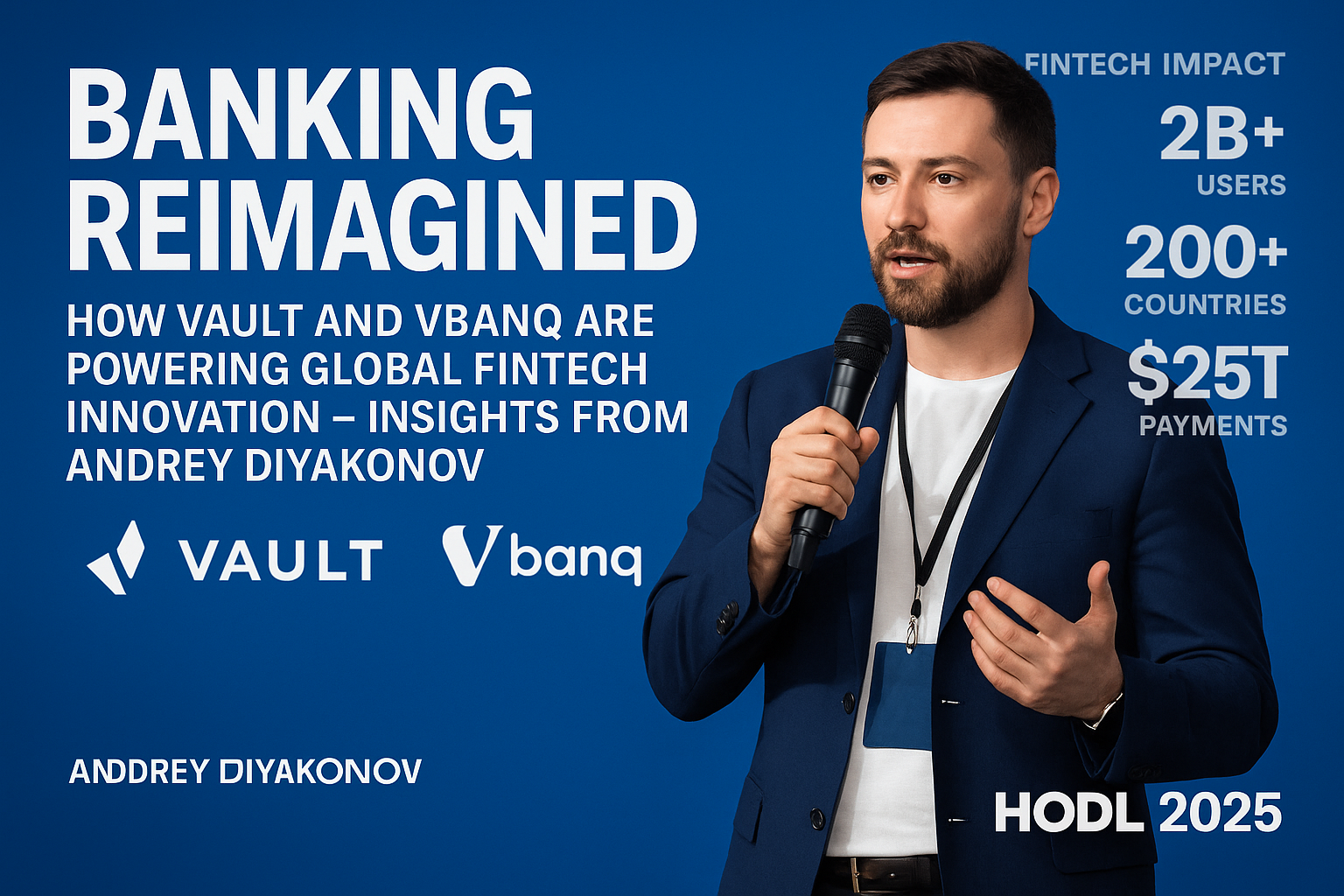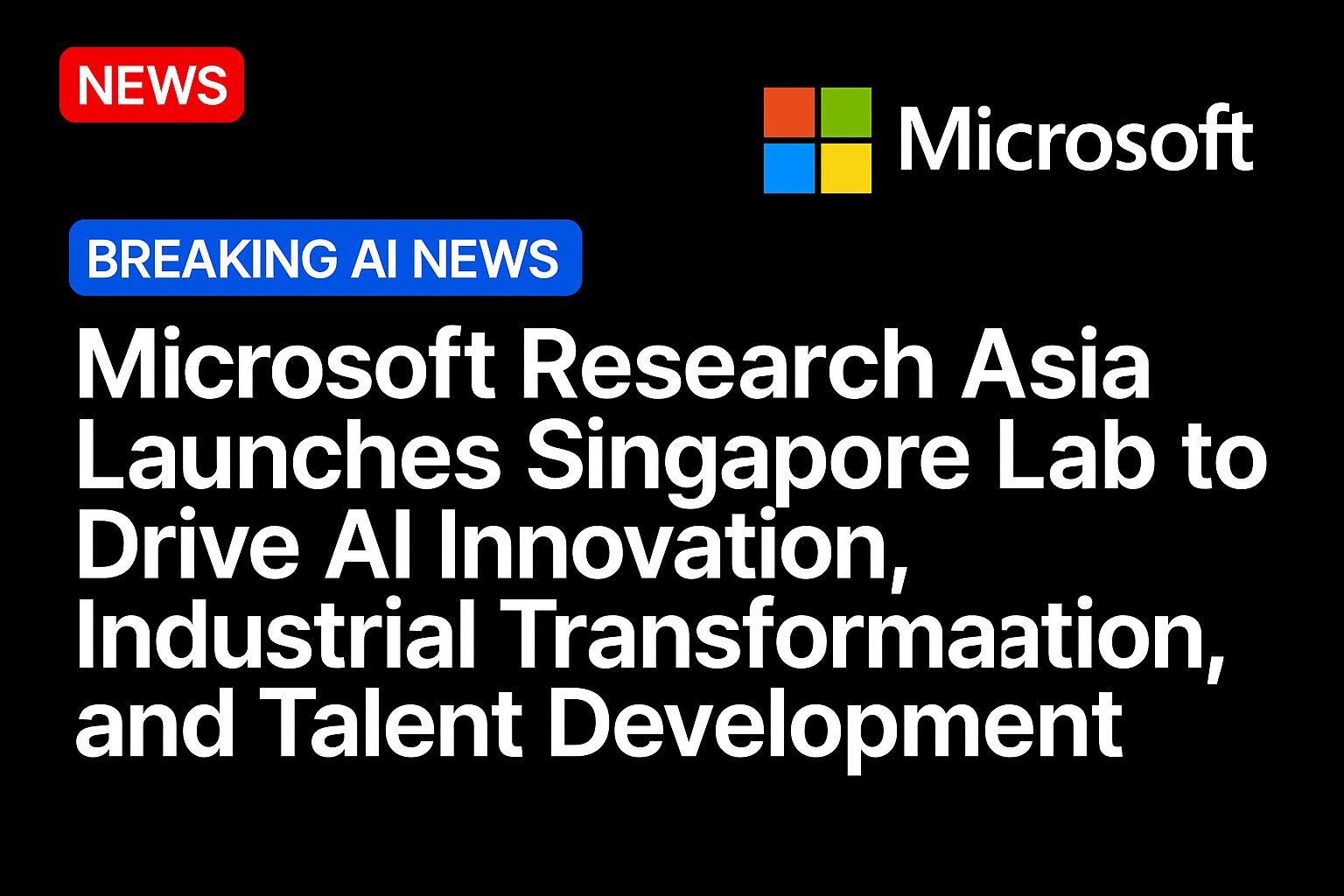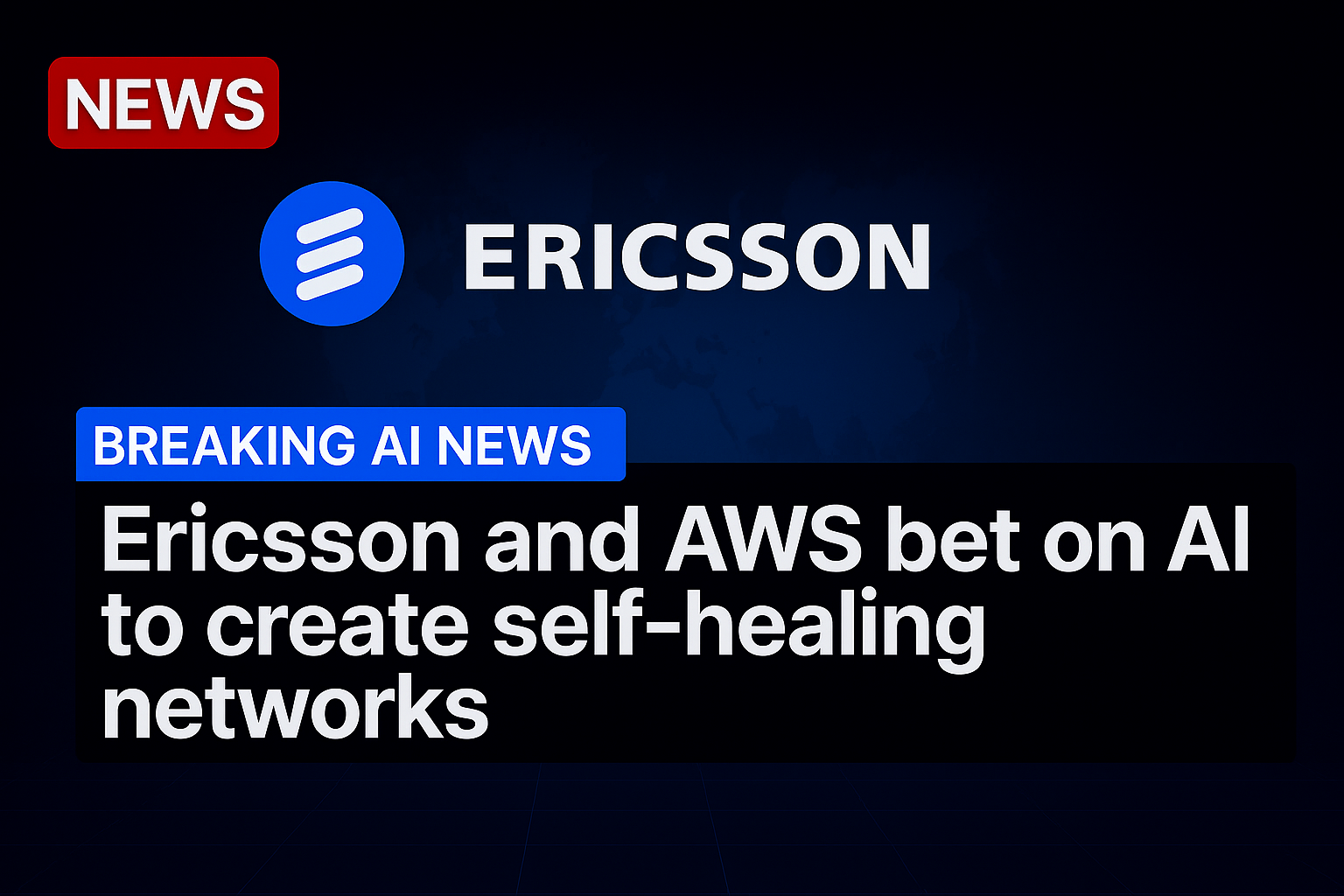At HODL 2025, where crypto, fintech, and decentralized finance converged in the heart of Dubai, Andrey Diyakonov, Co-founder and Chief Commercial Officer of Vault and Vbanq, offered a deep dive into how his companies are building the future of global banking. His insights revealed not just where the industry is heading, but how Vault and Vbanq are actively shaping that direction through next-generation digital infrastructure.
Dual Engines of Innovation: Vault and Vbanq
Diyakonov’s ventures serve two interconnected but distinct pillars of the fintech world:
- Vault, an infrastructure company providing API-level, white-label banking as a service.
- Vbanq, a direct-to-consumer digital banking platform that fuses traditional fiat systems with crypto capabilities.
Together, they form a powerful ecosystem enabling businesses—from meme coin projects to social media platforms—to launch their own global neobanks. Whether the goal is corporate banking, card issuance, or international settlements, Vault and Vbanq provide the tools to make it happen.
“This is what banking should look like in the 21st century,” Diyakonov emphasized.
Banking as a Service, Supercharged by Crypto
At the core of Diyakonov’s vision is a modular, API-driven infrastructure that enables any organization to become a fintech operator. The offering includes:
- Card issuance on a global scale
- Corporate and retail banking functionality
- Fiat rails integrated with crypto
- Custom stablecoin support
It’s a B2B2C model that redefines accessibility to banking tools and makes sophisticated financial infrastructure available to startups and enterprises alike.
Stablecoins and Tokenization: The Future of Money Movement
Diyakonov identified stablecoins as the dominant force in crypto’s real-world adoption. While Bitcoin and Ethereum dominate headlines, stablecoins are the engines of liquidity, especially in international settlements. Companies are increasingly interested in issuing and using stablecoins to move money quickly and efficiently across borders.
Alongside this trend, he highlighted the rise of tokenized real-world assets (RWAs). From real estate and bonds to fine art, tokenization is unlocking new forms of liquidity and investment models for both institutional and retail audiences. It also aligns closely with Vault and Vbanq’s mission to create accessible, interoperable financial ecosystems.
“Crypto is no longer an alternative to fiat,” Diyakonov stated. “It’s becoming an integral component of the fiat system—and we’re better off that way.”
Dubai and Beyond: Why the Middle East Is Central to Fintech’s Future
Dubai—and the wider GCC and MENA regions—are central to Vault and Vbanq’s expansion strategy. Diyakonov described the region as a true global hub defined by openness, innovation, and entrepreneurial energy.
“There’s macro-level economic momentum here. It’s complex, yes—but it’s also fertile ground for experimentation and growth,” he said. “Dubai is the kind of place where big ideas become reality.”
Conclusion: A Fintech Frontier with Real-World Impact
Vault and Vbanq aren’t just theorizing about the future of banking—they’re building it, offering the tools and infrastructure that power digital finance on a global scale. From stablecoin settlements to on-demand neobank creation, their platforms enable businesses to leverage crypto in practical, regulated, and scalable ways.
At HODL 2025, Andrey Diyakonov made it clear: the next era of finance is hybrid, borderless, and infrastructure-first—and his companies are at the vanguard of this transformation. Whether you’re a startup or a multinational, Vault and Vbanq offer the means to become part of the digital banking revolution.





